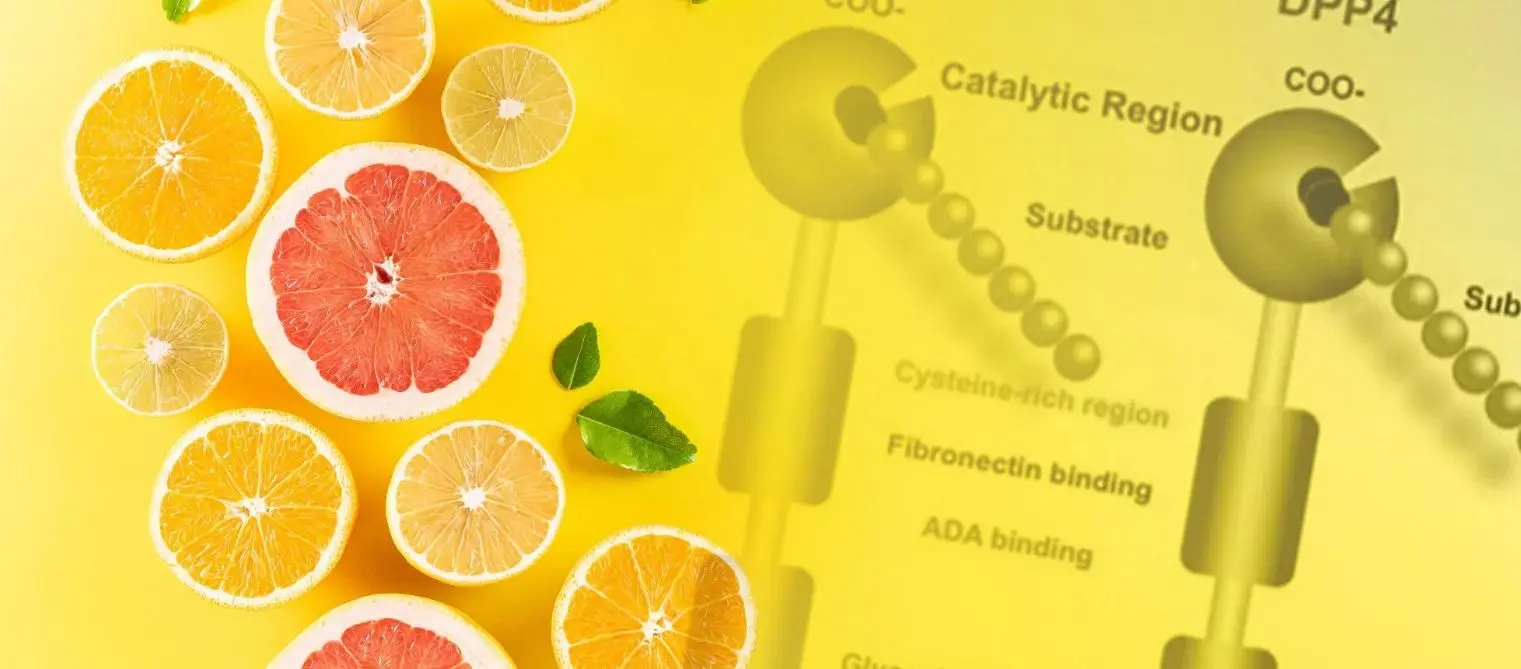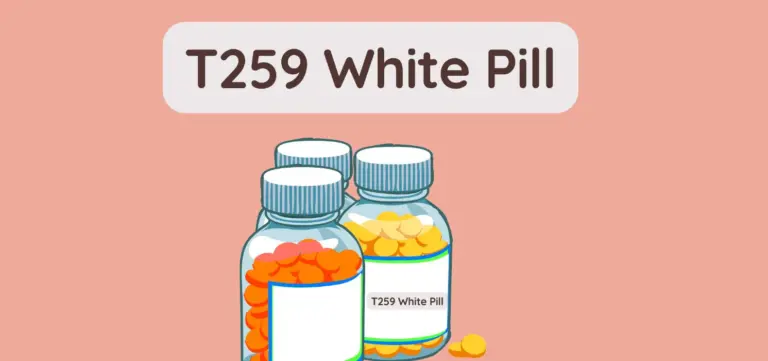Citrus Bioflavonoids Usage, Dosages, Side Effects
Citrus bioflavonoids are natural compounds found in citrus fruits that have gained attention for their potential health benefits. These powerful antioxidants are known for their ability to support various bodily functions and promote overall well-being. In this article, we’ll examine the usage, dosages, and potential side effects of citrus bioflavonoids to help you make informed decisions about incorporating them into your health regimen.
What Are Citrus Bioflavonoids?
Citrus bioflavonoids are a group of plant-based compounds primarily found in the peels, pulp, and white inner skin of citrus fruits such as oranges, lemons, limes, and grapefruits. These compounds belong to a larger family of plant nutrients called flavonoids, which are known for their antioxidant properties.
The most common types of citrus bioflavonoids include:
- Hesperidin
- Rutin
- Quercetin
- Eriocitrin
- Naringin
These compounds work synergistically with vitamin C, enhancing its absorption and effectiveness in the body. This relationship has led to the inclusion of citrus bioflavonoids in many vitamin C supplements.
Health Benefits of Citrus Bioflavonoids
Citrus bioflavonoids offer a range of potential health benefits due to their antioxidant and anti-inflammatory properties. Some of the key benefits include:
- Improved cardiovascular health
- Enhanced immune function
- Reduced inflammation
- Better blood circulation
- Potential anti-cancer properties
- Support for skin health
Research suggests that citrus bioflavonoids may help in managing conditions such as chronic venous insufficiency, hemorrhoids, and even diabetes. However, more studies are needed to fully understand their effects on various health conditions.
Recommended Dosages of Citrus Bioflavonoids
The appropriate dosage of citrus bioflavonoids can vary depending on factors such as age, health status, and the specific condition being addressed. It’s important to note that there is no standardized dosage for citrus bioflavonoids, as research is still ongoing.
However, based on available studies and common supplement formulations, here are some general dosage guidelines:
| Condition | Recommended Dosage |
|---|---|
| General health maintenance | 500-1000 mg daily |
| Chronic venous insufficiency | 500-600 mg twice daily |
| Hemorrhoids | 1000-2000 mg daily, divided into 2-3 doses |
| To enhance vitamin C absorption | 100-250 mg with each vitamin C dose |
It’s crucial to consult with a healthcare professional before starting any new supplement regimen, especially if you have pre-existing health conditions or are taking medications.
How to Take Citrus Bioflavonoids
Citrus bioflavonoids are available in various forms, including capsules, tablets, and powders. They are often combined with vitamin C in supplements. Here are some tips for taking citrus bioflavonoids:
- Take with food to enhance absorption and reduce the risk of gastrointestinal discomfort.
- If using a powder form, mix it with water or juice.
- For best results, spread the dosage throughout the day rather than taking it all at once.
- Consider taking citrus bioflavonoids with vitamin C for enhanced benefits.
Remember to follow the dosage instructions on the product label or as advised by your healthcare provider.
Potential Side Effects and Precautions
Citrus bioflavonoids are generally considered safe when consumed in moderate amounts through diet or supplements. However, like any supplement, they can cause side effects in some individuals, especially when taken in high doses.
Possible side effects may include:
- Stomach upset or nausea
- Diarrhea
- Headache
- Dizziness
- Skin rash or itching (rare)
If you experience any adverse reactions, discontinue use and consult your healthcare provider.
Precautions:
- Pregnant and breastfeeding women should consult their doctor before taking citrus bioflavonoid supplements.
- Individuals with bleeding disorders or those taking blood-thinning medications should use caution, as citrus bioflavonoids may affect blood clotting.
- People with citrus allergies should avoid citrus bioflavonoid supplements.
- If you have a scheduled surgery, stop taking citrus bioflavonoids at least two weeks before the procedure.
Interactions with Medications
Citrus bioflavonoids may interact with certain medications. It’s important to inform your healthcare provider about all supplements you’re taking. Potential interactions include:
- Blood thinners (e.g., warfarin): Citrus bioflavonoids may enhance the effects of these medications.
- Calcium channel blockers: Some citrus bioflavonoids may affect how these drugs are metabolized in the body.
- Certain antibiotics: Citrus bioflavonoids might affect the absorption of some antibiotics.
Always consult with your healthcare provider or pharmacist about potential interactions before starting a new supplement regimen.
Frequently Asked Questions (F.A.Q)
Q1. Can I get enough citrus bioflavonoids from my diet?
Yes, you can obtain citrus bioflavonoids from a diet rich in citrus fruits. However, the highest concentrations are found in the peel and white inner skin, which are often discarded. Supplements can provide a more concentrated dose if needed.
Q2. Are citrus bioflavonoids the same as vitamin C?
No, citrus bioflavonoids are distinct from vitamin C. However, they often work synergistically with vitamin C, enhancing its absorption and effectiveness in the body.
Q3. How long does it take to see benefits from citrus bioflavonoids?
The time frame can vary depending on the individual and the specific health concern. Some people may notice improvements in a few weeks, while others might take several months to experience significant benefits.
Q4. Can children take citrus bioflavonoid supplements?
While citrus fruits are safe for children, it’s best to consult with a pediatrician before giving citrus bioflavonoid supplements to children. Their needs may differ from adults, and dietary sources might be sufficient.
Q5. Are there any alternatives to citrus bioflavonoids?
Yes, other flavonoids found in various fruits, vegetables, and herbs can offer similar benefits. These include quercetin (found in onions and apples), catechins (in green tea), and anthocyanins (in berries).
Wrapping Up
Citrus bioflavonoids offer promising health benefits, particularly when combined with vitamin C. While generally safe, it’s important to use them responsibly and consult with a healthcare professional, especially if you have pre-existing conditions or are taking medications. As research continues, we may discover even more ways these natural compounds can support our health and well-being.







